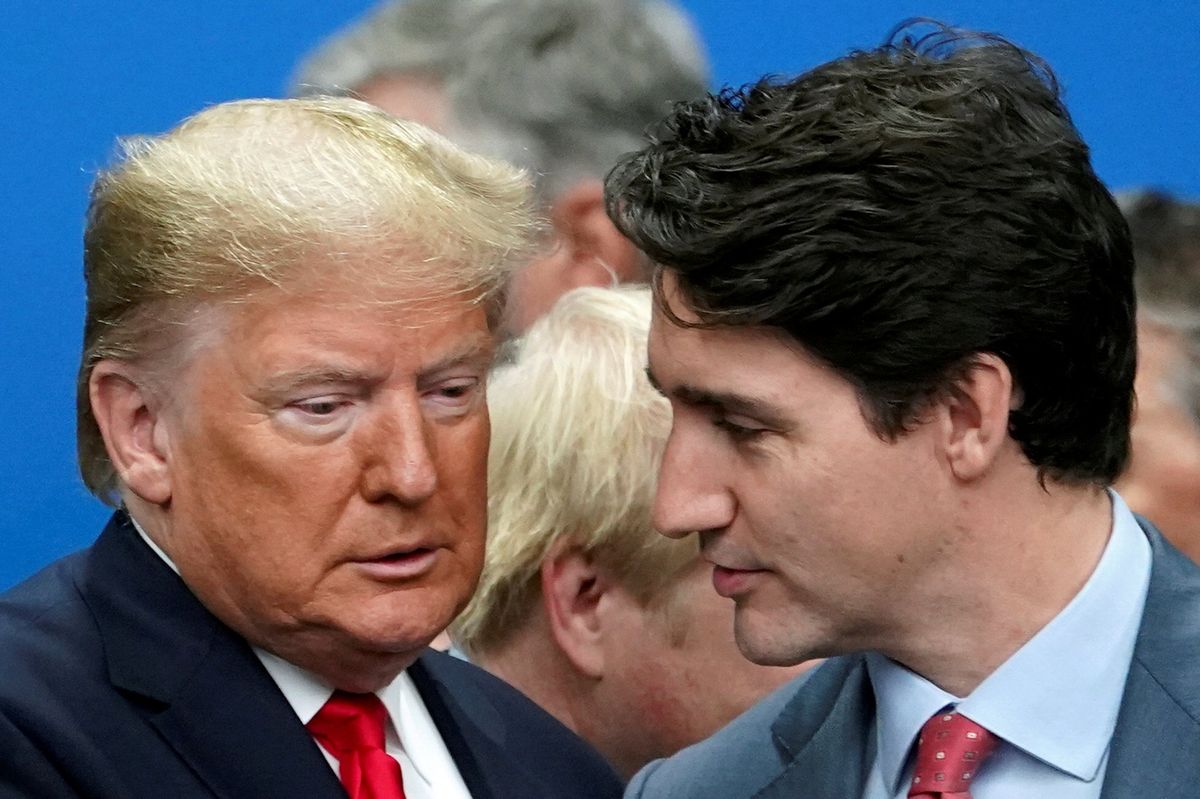Canada’s Foreign Minister Mélanie Joly says Justin Trudeau’s government is working on a “game plan” for how it would respond to a right-wing, protectionist government in the United States after the 2024 election – just in case. She said she would work with local and provincial leaders as well as the business community and unions to do so.
Joly also referenced the efforts Canada made the last time, when Trudeau launched a charm offensive in 2016 in a bid to keep Trump sweet. Canadian political and business leaders made an unprecedented push to communicate with different levels of the US government and the business community about the value of the trade relationship. They eventually negotiated a new deal similar to NAFTA, the United States-Mexico-Canada Agreement.
The possibility of a second round with Trump, who forced Canada to renegotiate its crucial trade relationship with the US, is widely seen as a threat to the countries’ trading partnership.
And Trump is not doing anything to calm the waters. The former president met recently with advisers at his Mar-A-Lago compound in Florida to discuss his plans for the 2024 election, according to the Washington Post. They discussed the idea of a “universal baseline tariff” on imports to the US, with Trump interested in putting a “ring around the U.S. economy.” This, Trump told Fox News, could entail a 10% tariff on all imports.
Under the terms of USMCA, most trade between Canada, the US, and Mexico is currently conducted without tariffs. But that deal is due to be reviewed and renewed in 2025-2026.
More than $3 billion in goods and services cross the border each day, everything from auto parts to building supplies to Amazon packages. In 2016, the two countries did $627.8 billion worth of trade. By 2022, it had increased to $1.2 trillion – so any disruption could have cataclysmic effects on the trade-dependent Canadian economy, as well as serious effects on the US economy, particularly in border states.



















